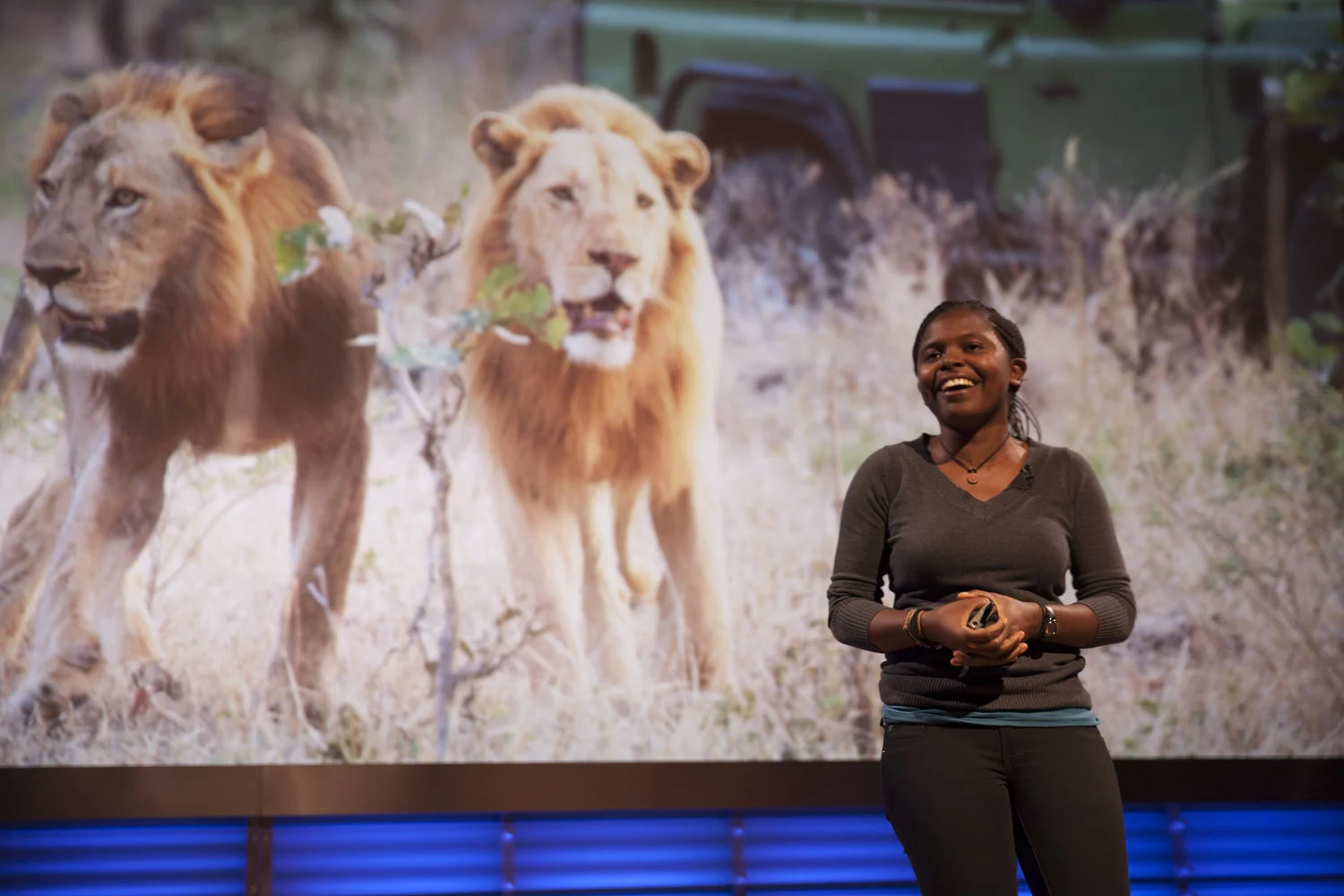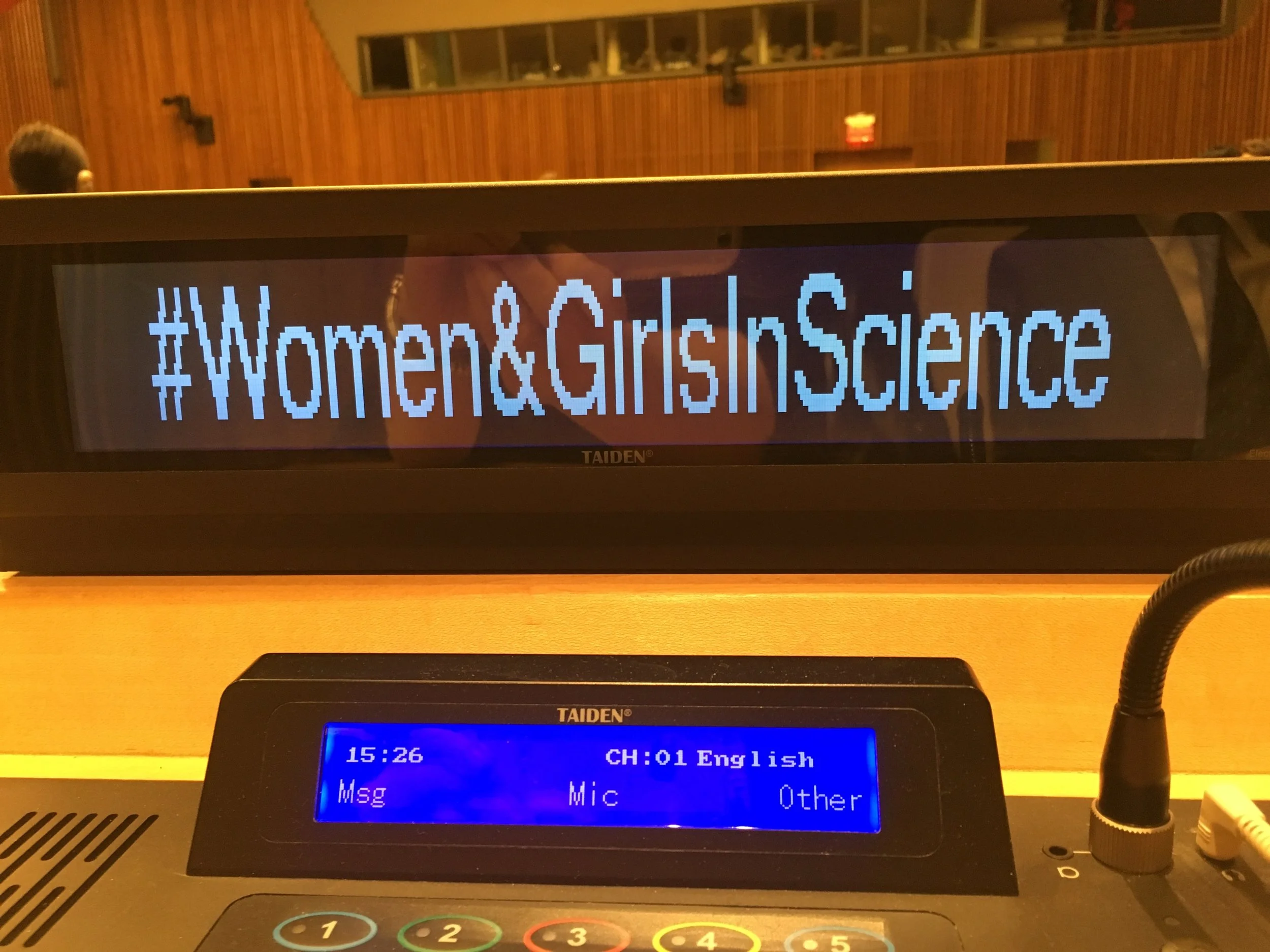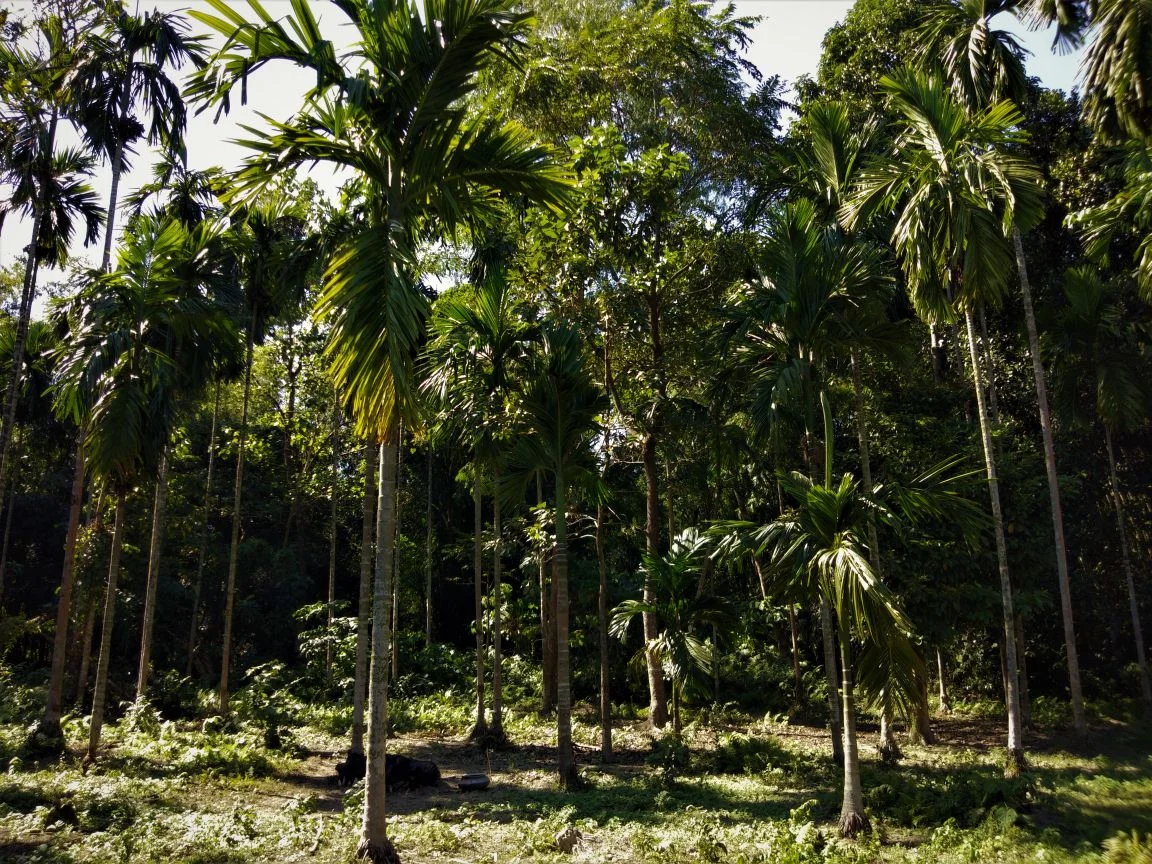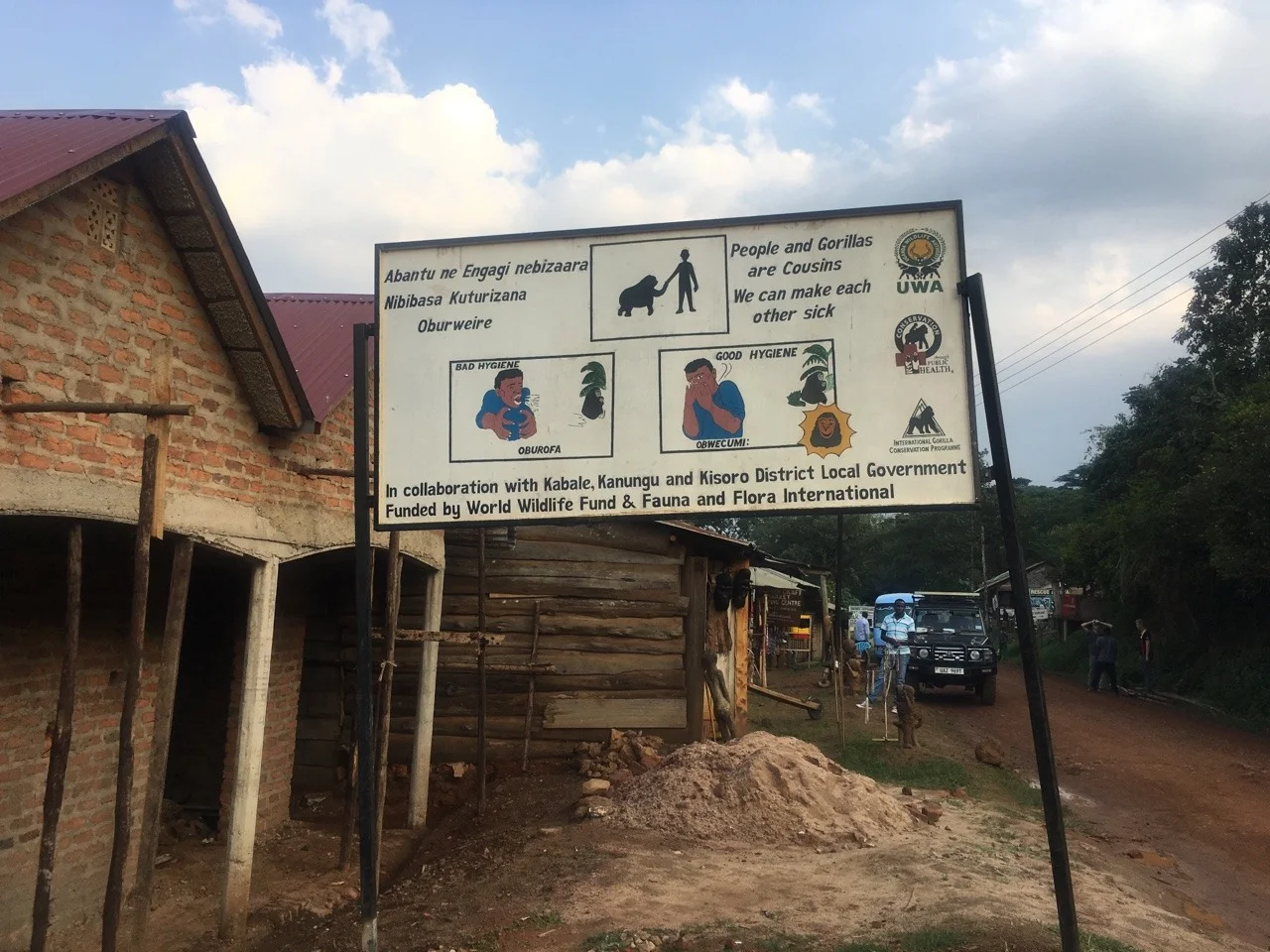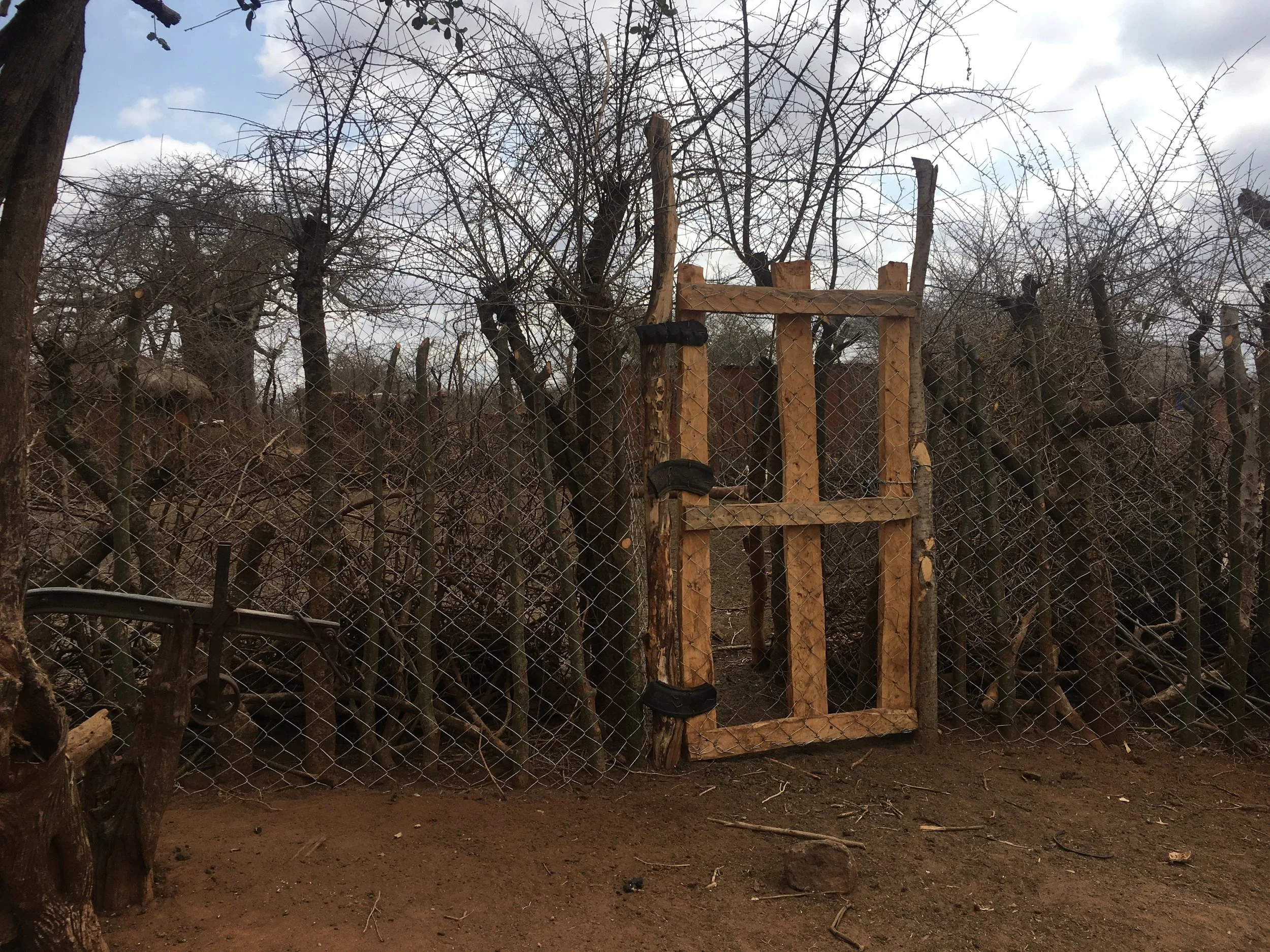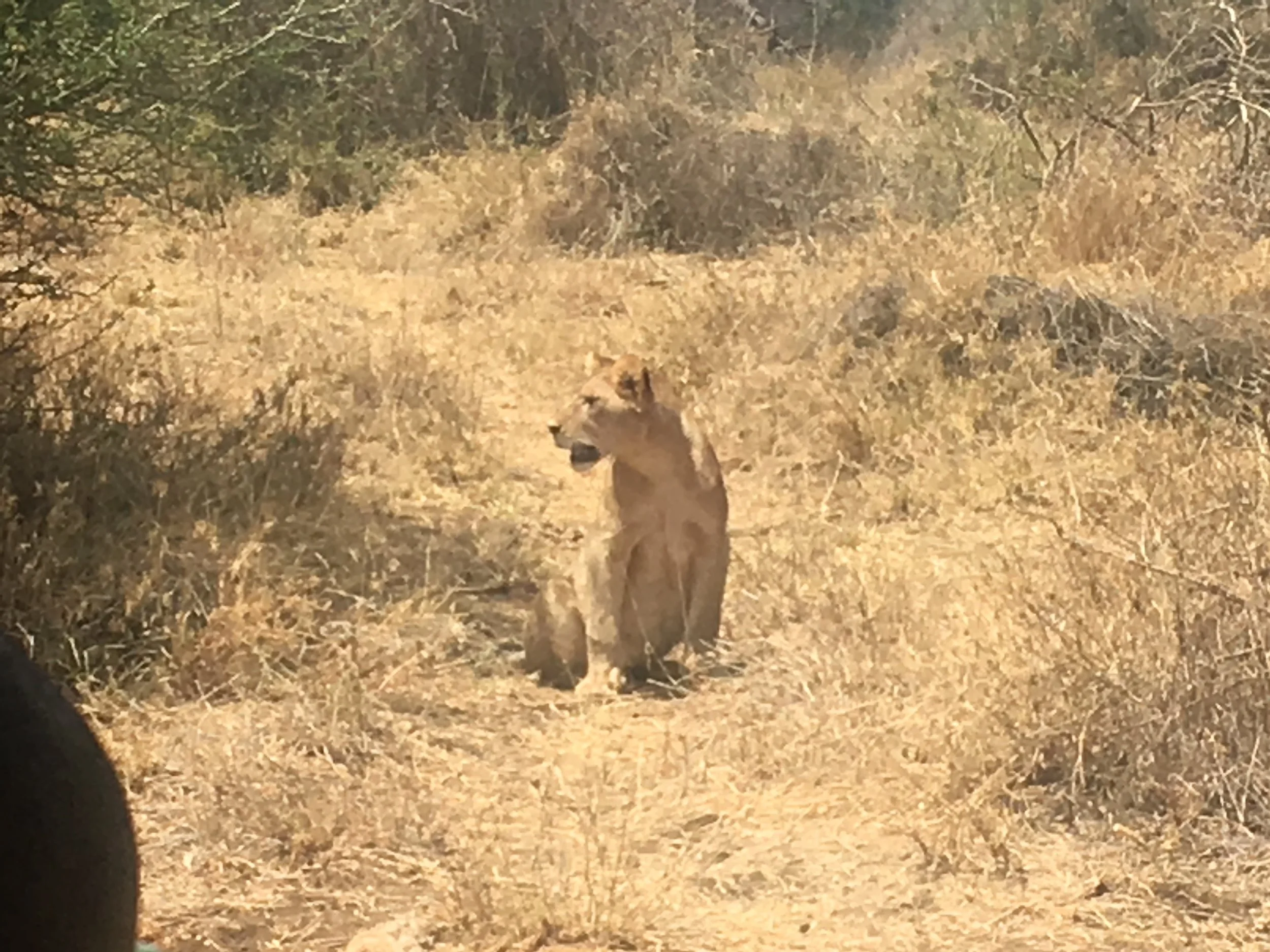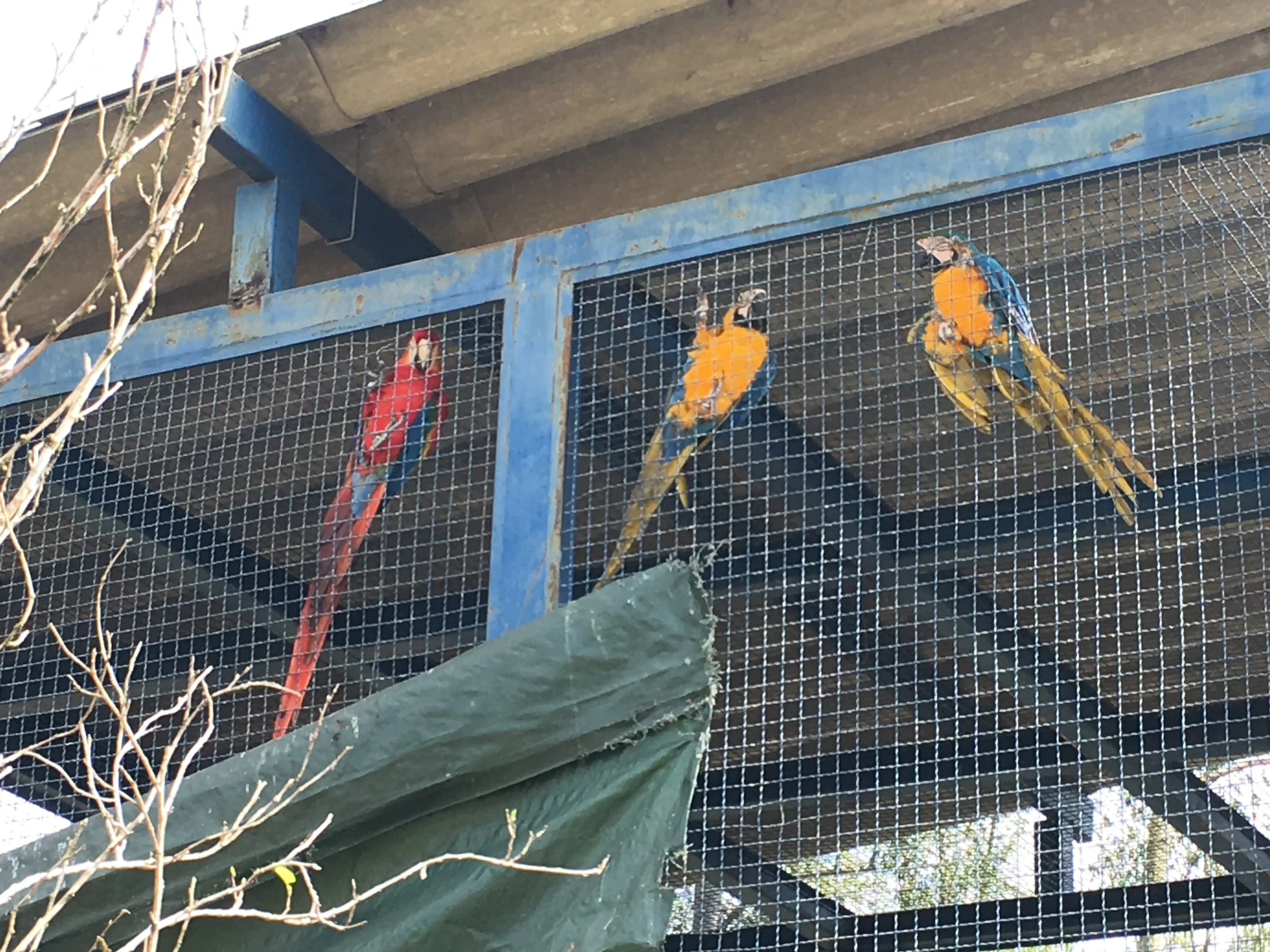Thandiwe Mweetwa is a senior ecologist and community educator with the Zambian Carnivore Programme. Her work focuses on studying population dynamics and threats to survival of lions and other carnivores in eastern Zambia in order to protect the species and their habitat. She will receive our Conservation Award.
Read MoreThe WINGS flag is currently in the outskirts of the Manas National Park in Assam, India,
where Silvia Schrötter, a Master’s student at the Norwegian University of Life Sciences, is working to help reduce the overexploitation of the Bengal tiger.
Read MoreThere’s seemingly no limit to the number of podcasts you can listen to.
Even on the topic of science, a quick iTunes search yields dozens of results. But a subject we think could use some more attention? Women in STEM.
Read MoreUgandan veterinarian Dr. Gladys Kalema-Zikusoka
was the first wildlife veterinarian in Uganda. There are only 800 mountain gorillas in the world. Four hundred of them are in Bwindi Impenetrable Forest, and the rest are in other forests in Uganda, Rwanda, and Democratic Republic of Congo.
Read MoreWINGS Managing Director Yael Jekogian visits with African People & Wildlife,
an organization that partners with local communities to encourage and establish practices, programs and life-styles that allow humans and wildlife to thrive living side-by-side. One of APW’s signature programs is establishing living walls to mitigate conflict between humans and wildlife.
Read MoreFounded in 2007 by Leela Hazzah and Stephanie Dohreney, the Lion Guardians work with members of the Maasai tribe to promote coexistence with the lion population.
Since the Lion Guardians have been working in this region the past eight years, the lion population in Selenkay has grown from two to 40.
Read MoreThrough her organization, Freeland Brasil, Dr. Juliana Machado Ferreira is helping the Center for Wildlife Management and Conservation
return wild animals to their natural habitats after they've been seized from poachers, traffickers or illegal pet holders.
Poachers and traffickers capture the animals because they are extremely valuable on the black market. The United States is one of the prime destinations for illegal South American wildlife, keeping the demand for this criminal and lucrative practice high.
Read MoreOceanographer and WINGS Fellow Edie Widder
is featured in a new PBS documentary about the toxic algae blooms that plague Florida’s Lake Okeechobee.
Read More

